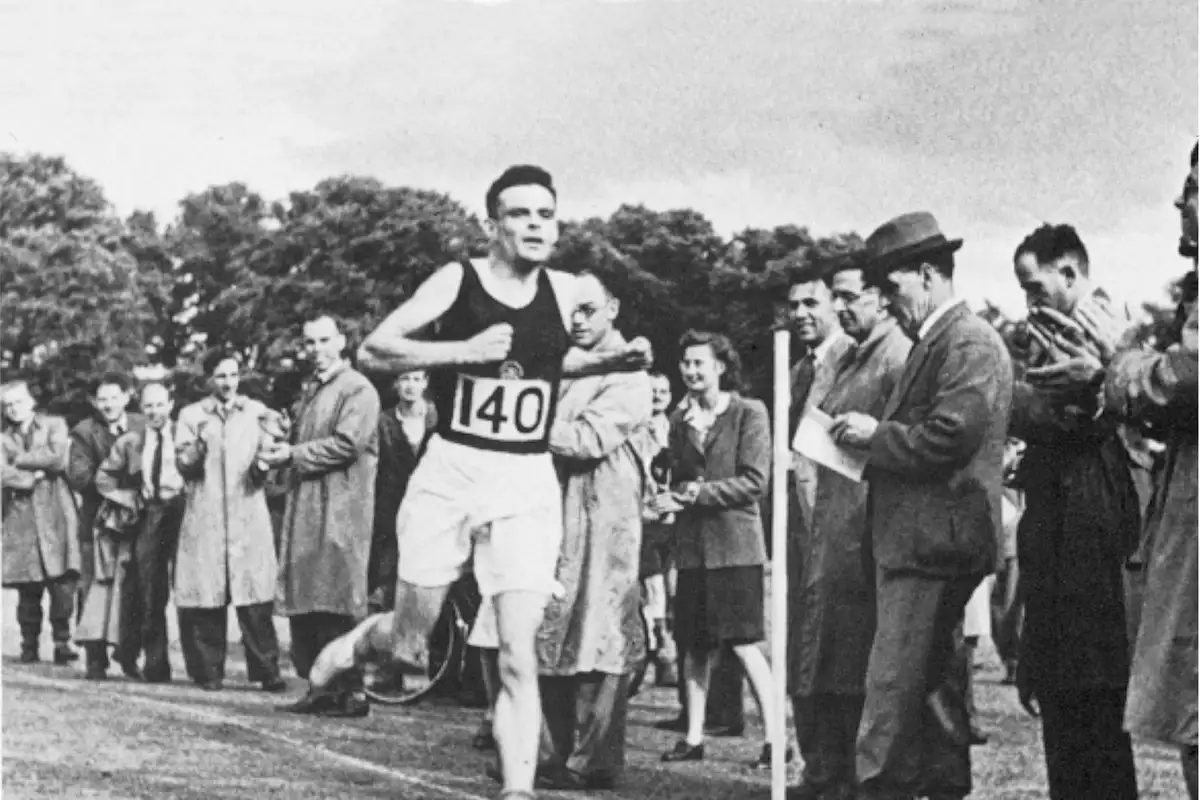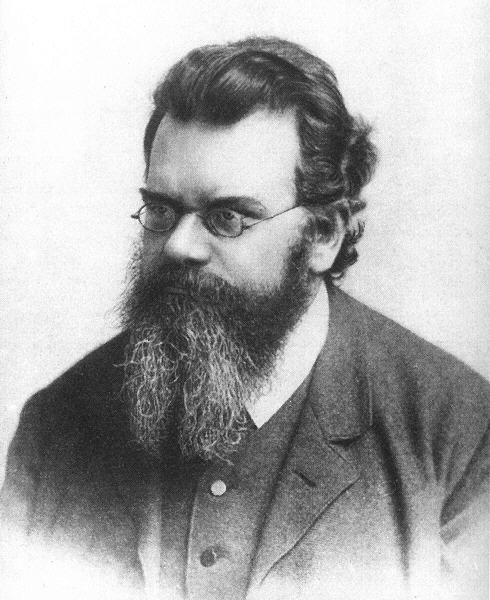Isaac Newton
If I have seen further than others, it is by standing upon the shoulders of giants.

what human is. What makes a human, human?
Imitation game includes 3 participants: a female, a male and the third could be either one. Alan M. Turing introduced the third one as the interrogator. The physical features of the other two participants are hidden from the interrogator and only can ask questions and receive the answers. The other participants are separated from each other and do not get informed of the other’s questions and answers. The goal of the game is that the interrogator identifies the gender of the other two participants. One of them tries to mislead the interrogator about his or her gender and the other one tries to help him. Turing suggested to replace the participant who tries to deceive the interrogator with the digital computer, if it succeeds and the interrogator assigns a gender to them/it, the computer has successfully finished the game/ won the game and we can attribute intelligence to it.
Alan Mathison Turing was an English mathematician, computer scientist, logician, cryptanalyst, philosopher, and theoretical biologist who ran a probable life but when he was mandated to run a predicted lifestyle he suffered from depression and eventually committed suicide.
Throughout history, there are countless examples of probable people who have been forced to be imminent ones and none have been in better condition than Alan Turing.
Let me clarify what I mean by probable and imminent humans before going further. A probable person’s brain visualizes and predicts the present and the future via the concepts related to past situations stored in his memory and at the moment decides, plans, and acts in order to reach balance considering the gap between the present reality and the desired reality. On the other side, an imminent person replaces the probable processes of prediction of the brain with the hypothetical and desirable situations that society has created in the form of conventional concepts and stereotypes and decides, plans and acts accordingly.
But it may not be a matter of imitation game, instead it may be John Searle's Chinese Room Argument. A human being who owns mind, perception and consciousness in comparison with the one who is locked in a room with an instruction book for life. In this book, the rules and steps of implementing a life are written. Life begins, and man is in contact with the environment. Suppose human beings do not know anything about life (which literary is true). He is not even sure to differentiate the meanings of life. In his view, the life means series of meaningless executive orders. However, he is able to process any input he receives from the environment with the help of the book and the mentioned steps, and give a response accordingly to survive.


Or it may be the zebra case, but just a zebra is replaced by a man and you are dead sure of watching a man, then someone asks you:” Where is the “Man”?” You point to the man and he keeps asking you:” How do you know he is the man?” I am the same skeptical questioner.
Or we are Boltzmann brain, the conscious "existence" or "perception" would be formed by quantum fluctuations in a chaotic situation. Or we are as Hilary Putnam suggested in Brain in a vat argument which is a thought experiment in ideology based on Descartes's evil demon hypothesis. It outlines a scenario in which a mad scientist might remove a person's brain from the body, suspend it in a vat of life-sustaining liquid, and connect its neurons by wires to a supercomputer which would provide stimulating reality and the "disembodied" brain would continue to have perfectly normal conscious experiences. If as a brain in a vat it claims that “I am a brain in a vat”, it is still incoherent because the ideas of a "vat” and “brain” do not refer to a "real" vat and brain in real world.
George Berkeley's perceptual thinking in Treatise on Human Knowledge may possibly be helpful. Berkeley stated: "If a tree falls in a forest and there is no one around to hear its sound, will it produce a sound?" That is a philosophical thought experiment which raises questions about observation and perception. The main concern implied in this question is the meaning of the concept of sound while my perceptual question is about human being. If no one perceives man, is there a human being?
Maybe the philosophical zombie argument, a thought experiment in philosophy of mind and perception, is the missing link. I just remember the beginning of the introduction, wait; What was the problem?

The question was what human is. What makes a human, human?

Kant in his book Critique of Pure Reason argues that empirical issues are not expected beyond limits of experience. I would like to follow Kant's words and continue the journey of human concept cryptography to seek the expectation of human provided by experience and to seek what human is and what makes human, human.